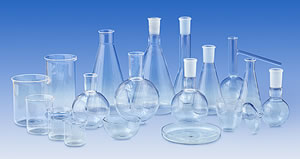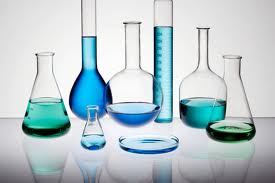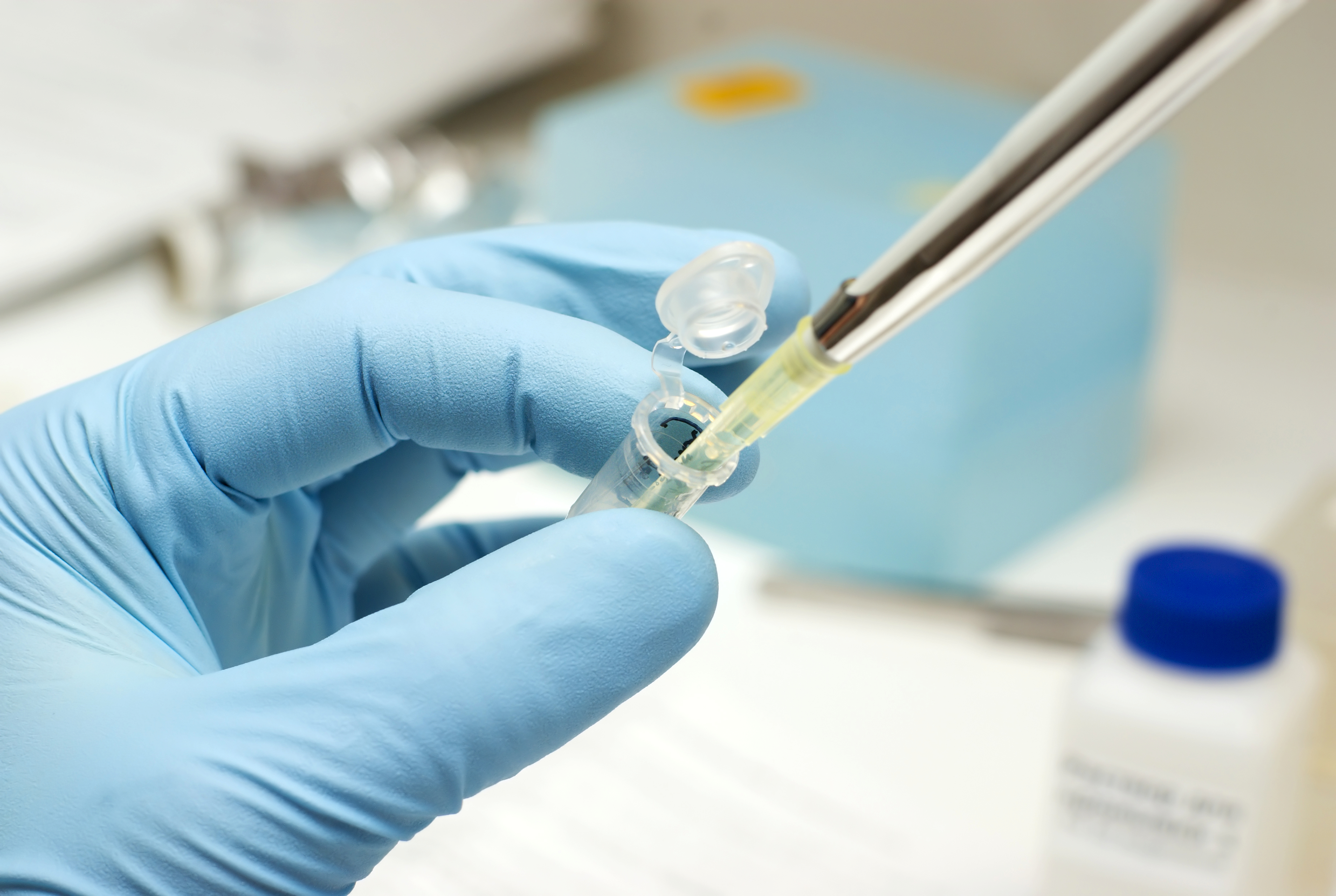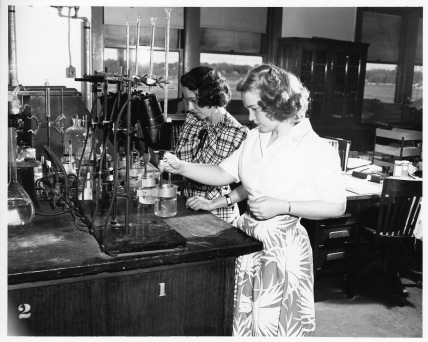Cleaning Laboratory Glassware by Soaking
Q. Some of our glassware was left soaking in Alconox or Alconox and then bleach for a long period of time. Is this okay? A. Laboratory glassware that is completely submerged in an Alconox® solution is generally ok even with extended soaking. However, if you leave the laboratory glassware partially submerged…
Cleaning Scale & Spots off Depyrogenated Glass Vials
Q. We see white water spots on cleaned and depyrogenated vials. Looks to be scale from the washer. Do you have a recommended cleaning agent for vial washing? I am told that use of detergents is not an industry norm. We also have baked on process fluids (oils) and would like to know if it is an industry norm to use detergents to remove such substances from glass vials used for injectable drugs. Can you provide me any literature on the subject?
A. In automated washer cleaning, it is possible to get scale buildups of metal hydroxides, oxides and carbonates. To remove this scale …
Corrosion Testing on Lab Glassware
Q. Is corrosion testing advisable on type I borosilicate glass labware?
A. Type 1 borosilicate glass has excellent corrosion resistance properties. For this reason, it is commonly used for laboratory glassware to hold a wide range of chemical compounds without interacting with those compounds. Alconox, Inc. detergents have not been reported to attack type I borosilicate glass.
Detergent for Cleaning Serofuges
Q. We would like a list of mild detergents that could be used for cleaning serofuges.
A. The serological tubes used in serofuges can have difficult to clean protein residues. These residues are best cleaned by a proteolytic enzymatic cleaner such as Tergazyme.
Replacement for Chromic Sulfuric Acid
Q. We are discontinuing the use of Chromic Sulfuric Acid and need a worthy substitute. What do you recommend? A. Chromic sulfuric acid was historically used to clean laboratory glassware back before the advent of laboratory detergents. It was effective on a very wide range of residues and water solubility gave interfering, residue-free surfaces. Of course, chromic sulfuric acid is also highly hazardous and difficult to dispose.



